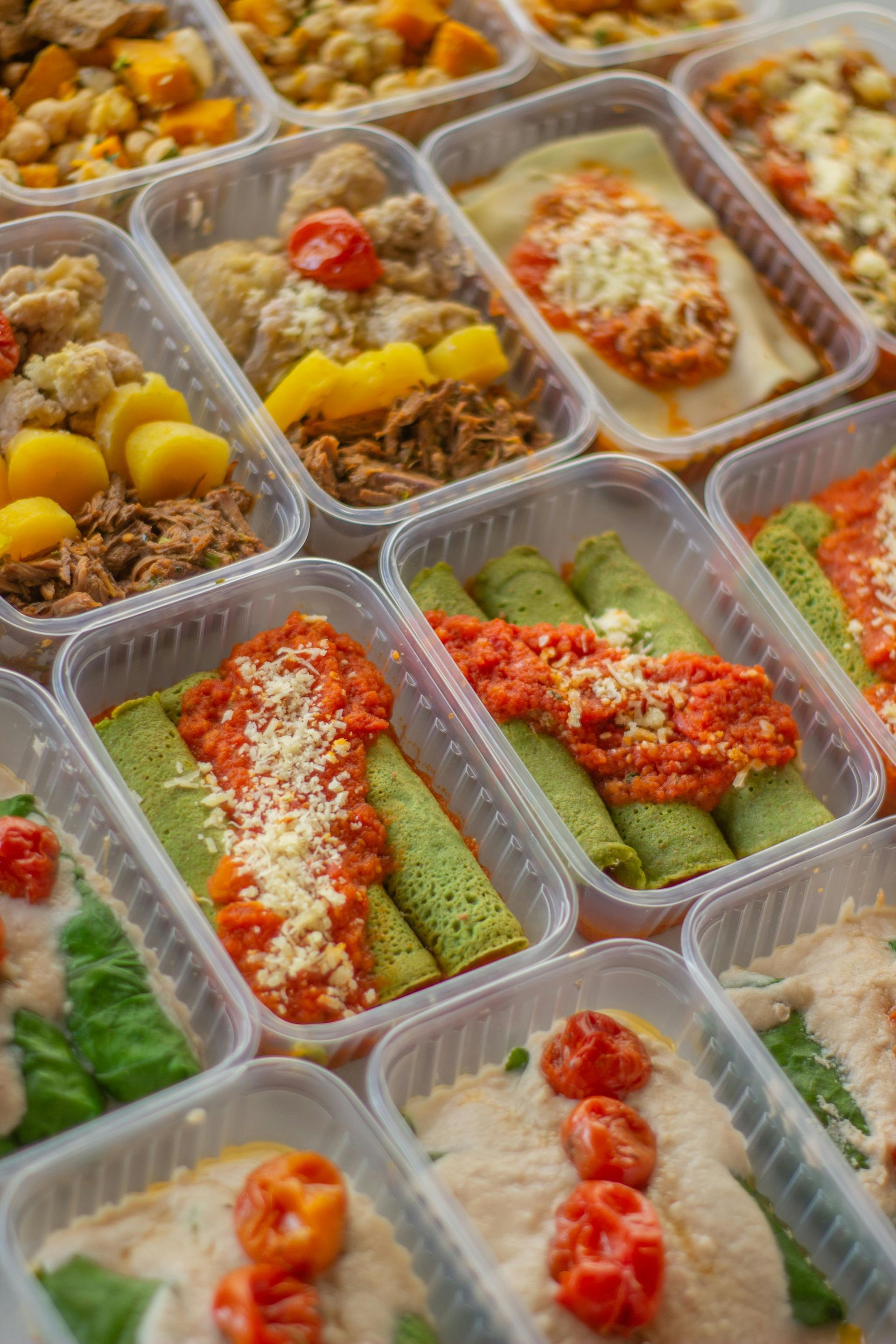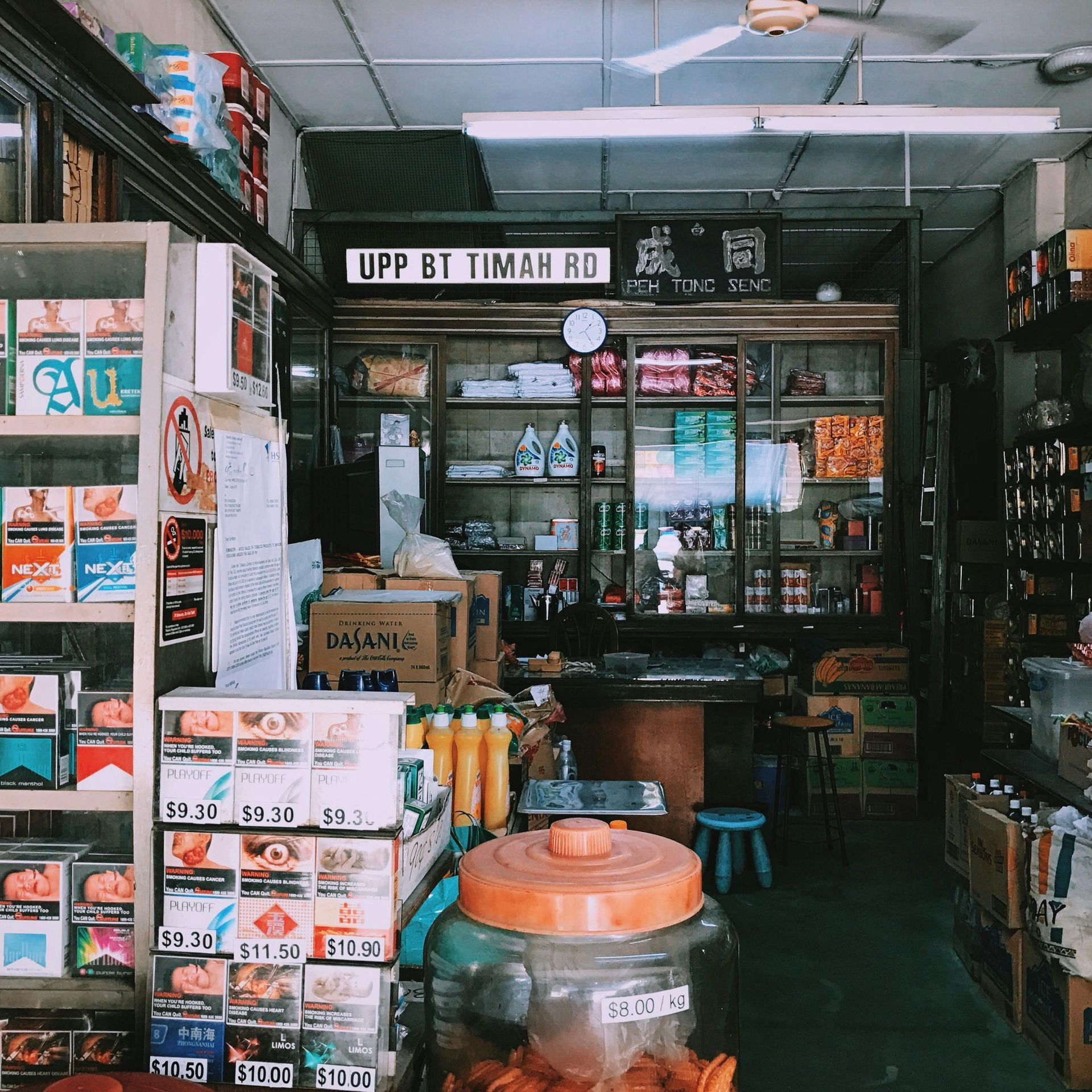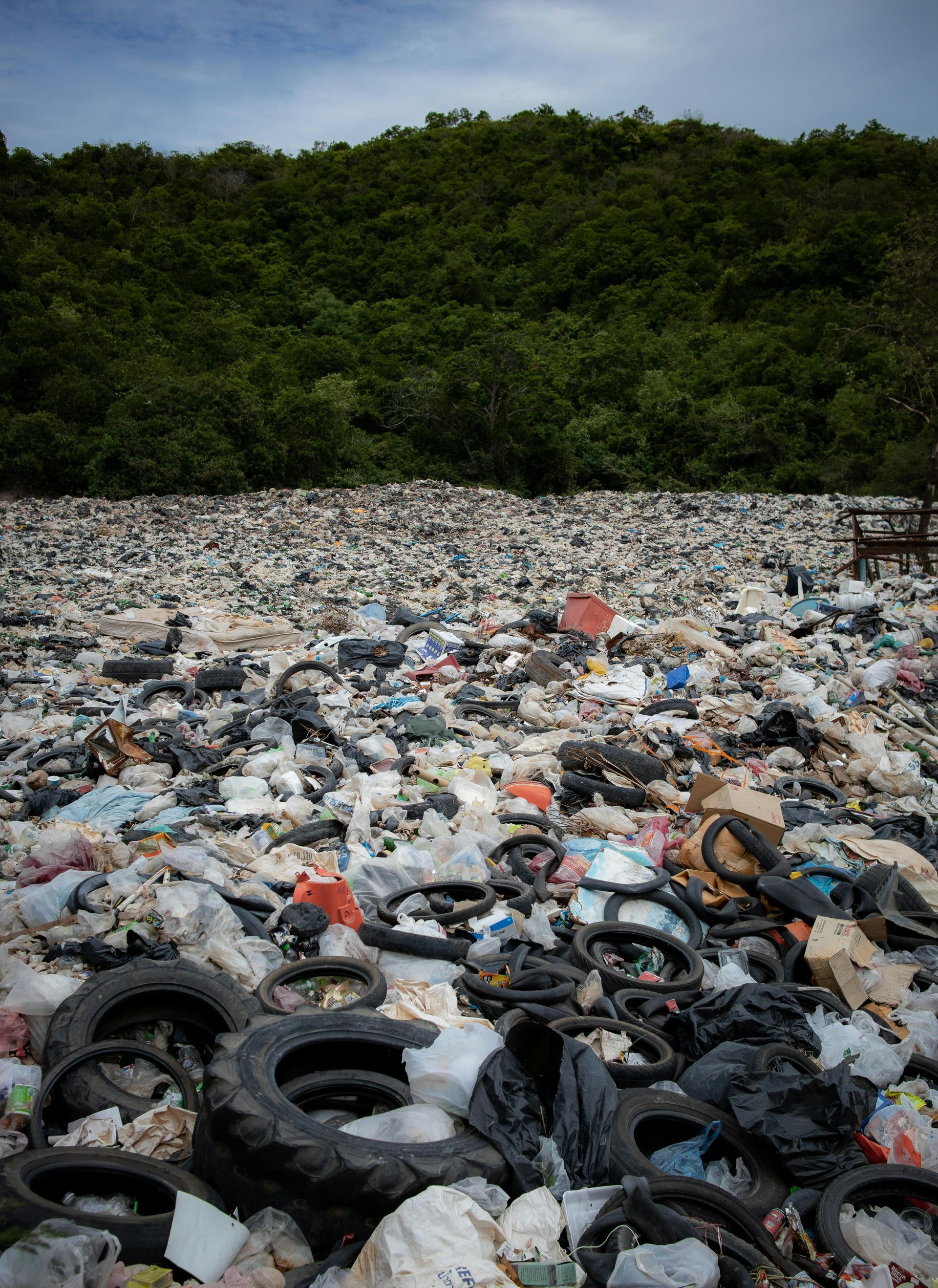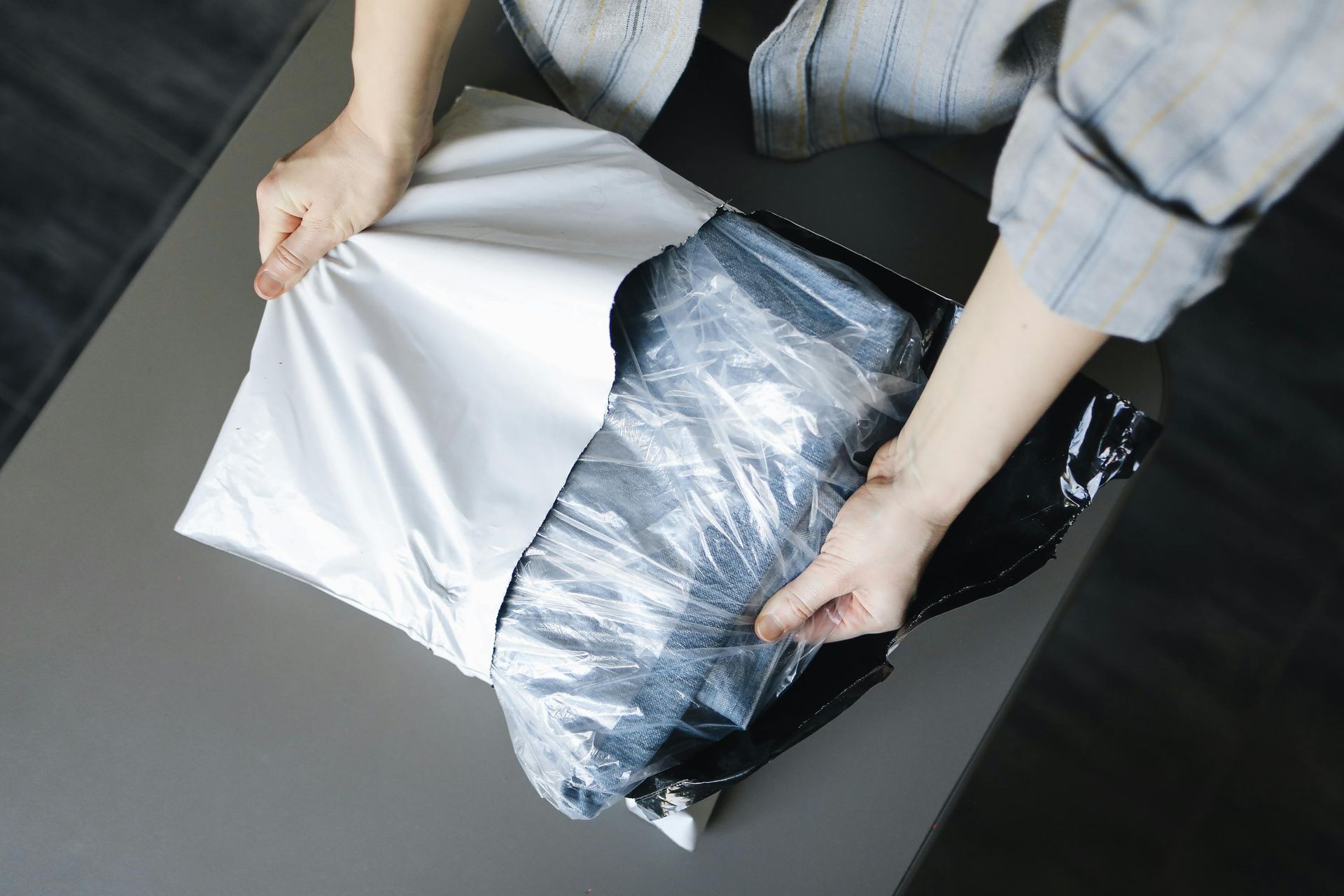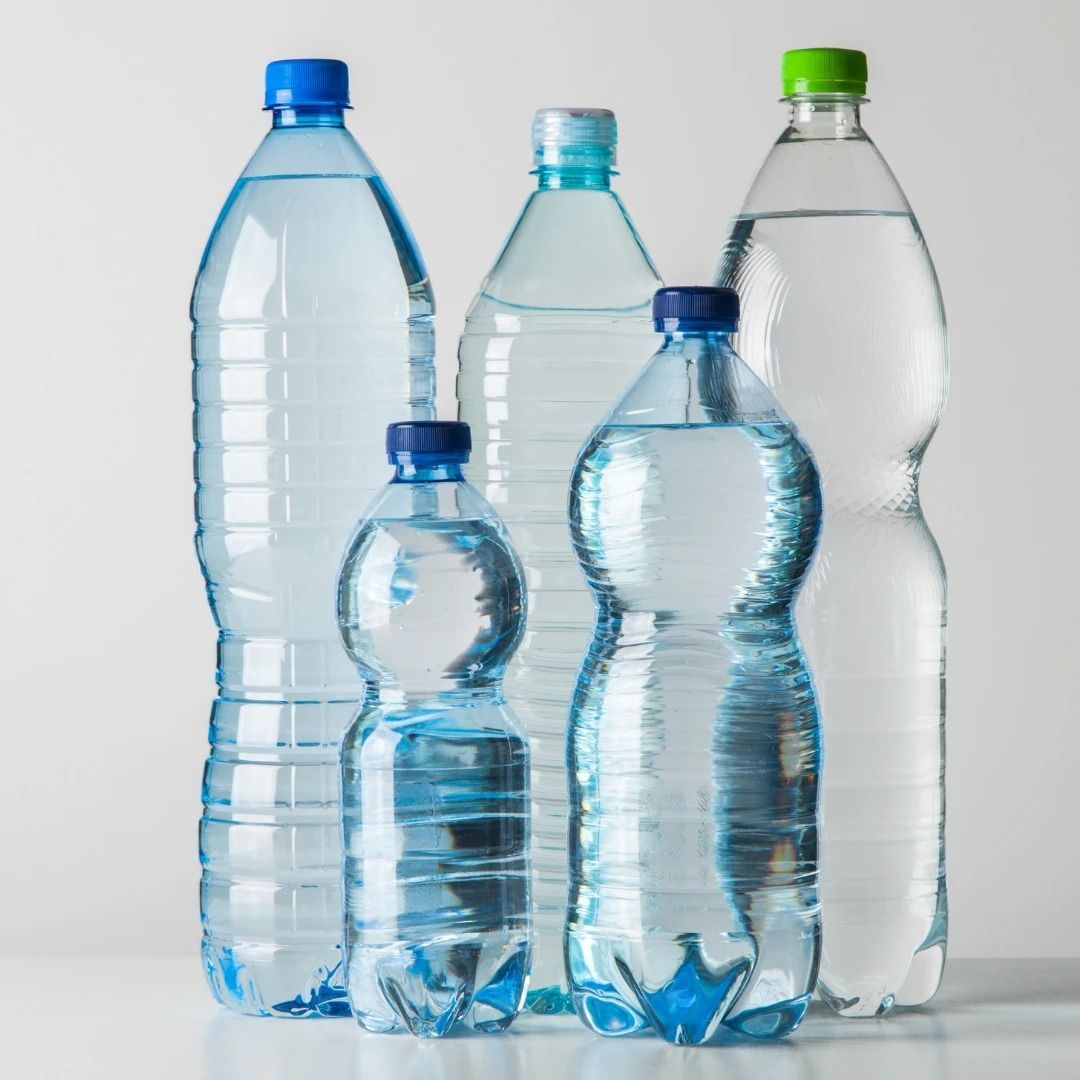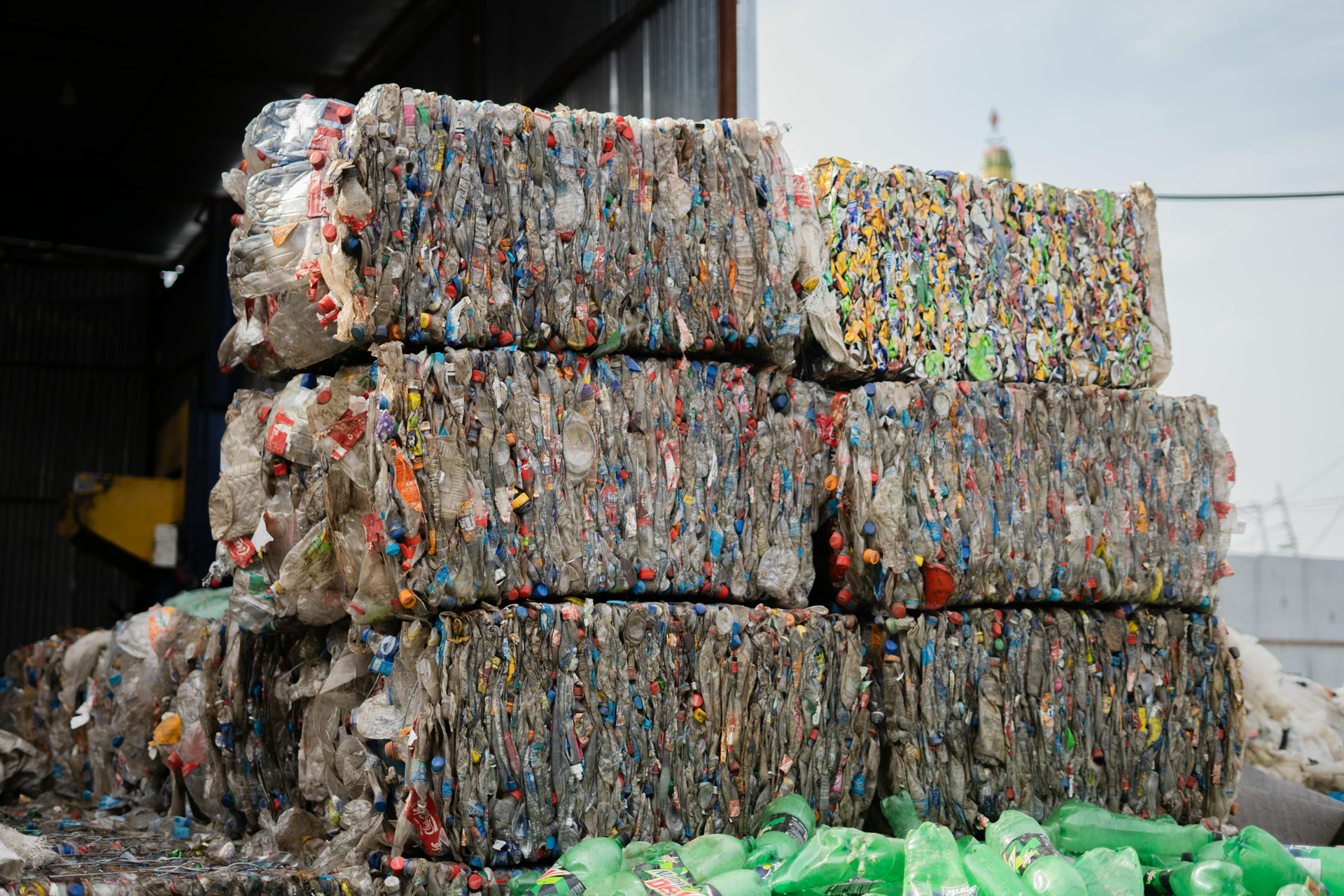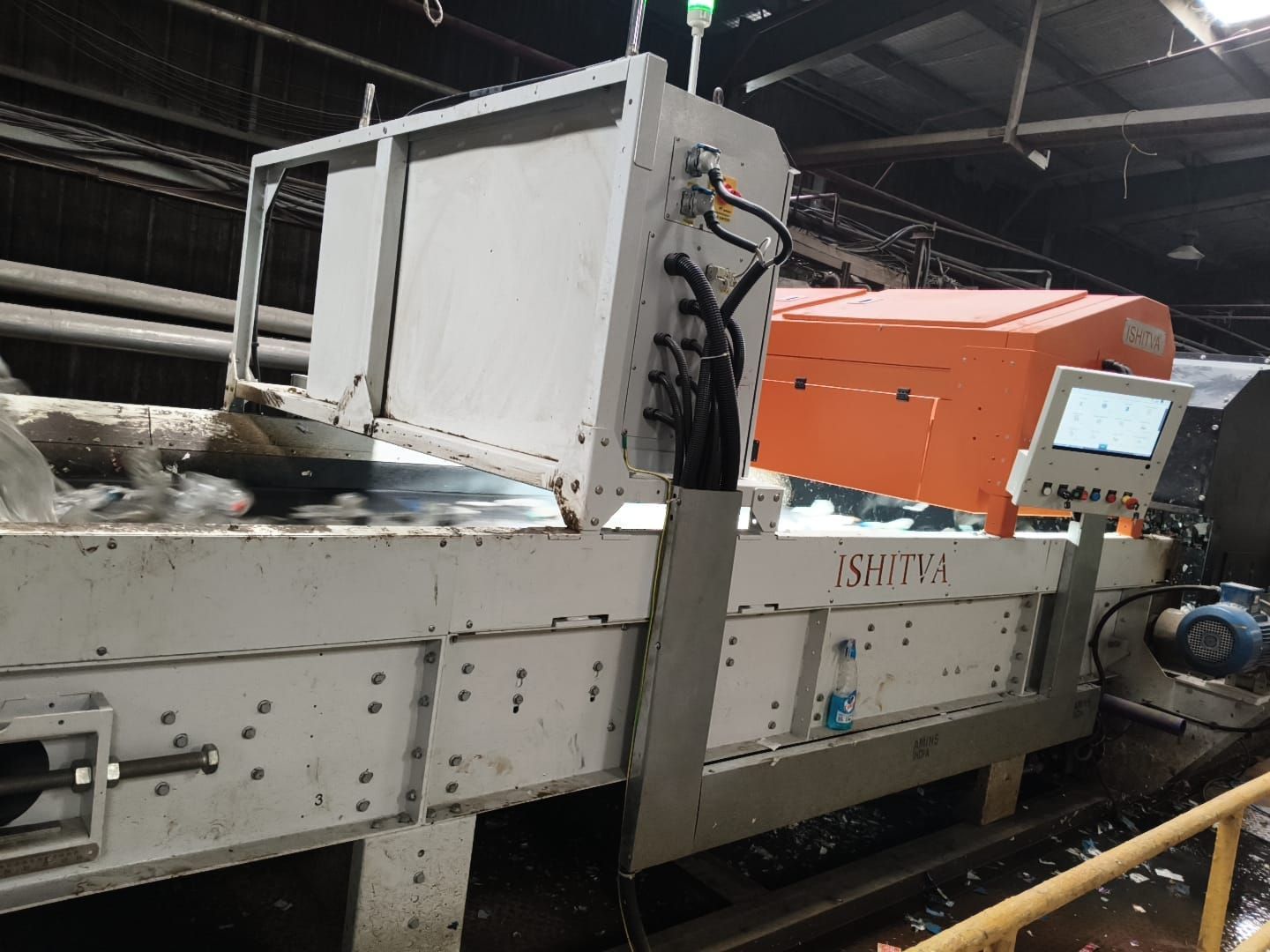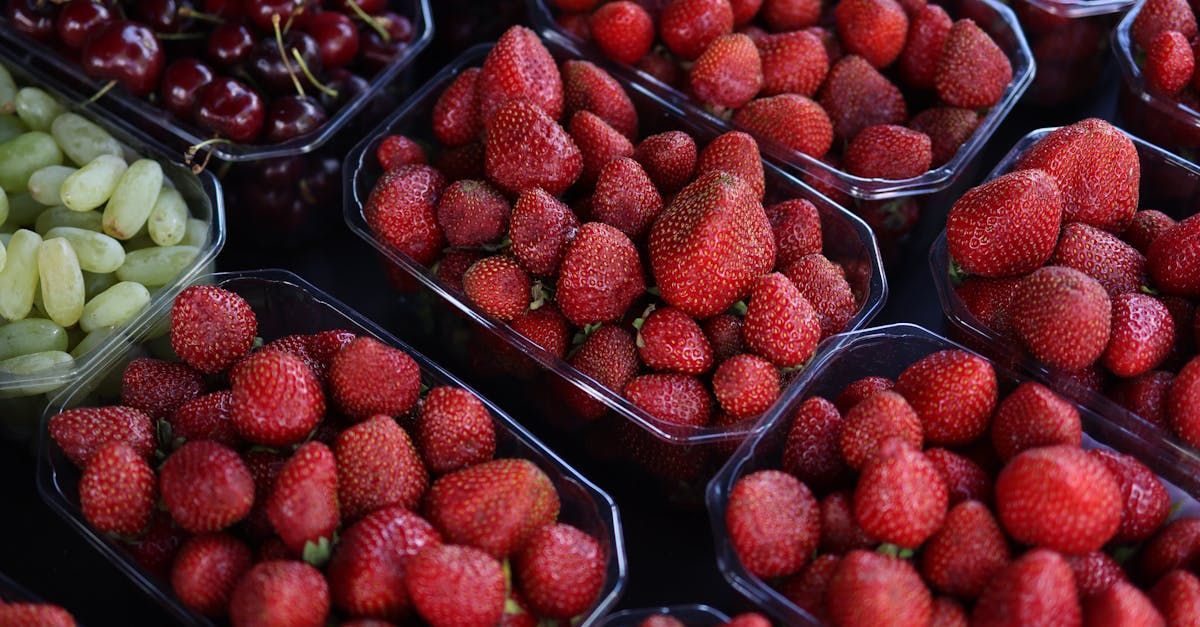India's progress in adopting a circular economy:
India is making significant strides in embracing the plastics circular economy, a transformative approach that aims to reduce plastic waste and promote sustainability. This shift is crucial given the country's rapid urbanization and growing plastic consumption, which has doubled between 2016 and 2020, reaching nearly 20 million tonnes in 2019-20[1][3].
The Concept of a Circular Economy
A circular economy is a sustainable economic model that prioritizes resource efficiency and waste reduction. Unlike the traditional linear economy, which follows a "take-make-dispose" approach, a circular economy focuses on keeping products and materials in use for as long as possible through recycling, reusing, and remanufacturing[5]. This model not only reduces pollution and conserves resources but also creates economic opportunities and jobs.
Key Policies and Regulations
India has implemented several policies to promote recycling and manage plastic waste. The Plastic Waste Management Rules 2016 mandate the segregation of waste at source and impose penalties on littering and open burning of garbage. Additionally, the Extended Producer Responsibility (EPR) policy requires producers, importers, and brand owners to ensure the collection and recycling of plastic waste[1][3][4]. In 2022, India banned the manufacture, import, stocking, distribution, sale, and use of specific single-use plastic products, further emphasizing its commitment to reducing plastic waste[3].
Industry and Technological Innovations
Organizations in India are actively participating in the circular economy by sponsoring recycling programs, switching to sustainable packaging materials, and investing in new technologies. Larger organizations have the resources to implement sustainable programs, but monitoring waste generated by micro, small, and medium enterprises remains a challenge due to a lack of uniformity in trade and market data on plastic usage and recycling[1][3].
Technological advancements play a pivotal role in this transition. AI and IoT technologies enhance sorting and recycling efficiency, reduce waste, and optimize waste collection processes. For instance, AI-driven solutions can accurately sort different types of waste, improving the quality of recyclables and reducing reliance on virgin materials[4].
Economic and Job Creation Potential
The circular economy holds immense potential for economic growth and job creation in India. According to the World Economic Forum, up to 50 million jobs can be generated, with a projected economic impact of $15 trillion[2]. The International Labour Organization estimates that the shift towards green and sustainable practices could result in 24 million jobs by 2030, particularly in renewable energy, energy efficiency, and waste management[2].
Challenges and Opportunities
Despite the progress, several challenges remain. There is a need for robust infrastructure, regulatory enforcement, and financing to support the circular economy framework. Integrating the informal recycling sector into the formal economy is also essential to ensure efficient waste management and resource recovery[5].
However, the potential benefits are significant. For example, upcycling used PET bottles into high-value products like apparel demonstrates the economic opportunities that can arise from effective plastic waste management[1][3]. The market potential for the recycling industry is substantial, and promoting this industry can lead to sustainable economic growth and environmental benefits.
Conclusion
India's journey towards a plastics circular economy is marked by significant policy initiatives, industry participation, and technological innovations. By continuing to build awareness, fostering collaboration among stakeholders, and investing in infrastructure and technology, India can transform its plastic waste challenge into a valuable opportunity for sustainable growth and environmental conservation.
Citations:
[1] https://timesofindia.indiatimes.com/blogs/voices/embracing-circular-economy-to-reduce-our-plastic-footprint/
[2] https://recykal.com/blog/circular-economy-in-india-circular-jobs-and-economic-growth/
[3] https://timesofindia.indiatimes.com/blogs/voices/embrace-circular-economy-to-mitigate-challenges-of-plastic-waste/
[4] https://economictimes.indiatimes.com/small-biz/sustainability/how-robust-circular-economy-framework-can-help-sustain-indias-economic-growth/articleshow/112004714.cms
[5] https://www.linkedin.com/pulse/indias-circular-economy-journey-learning-from-global-leaders-shireen
